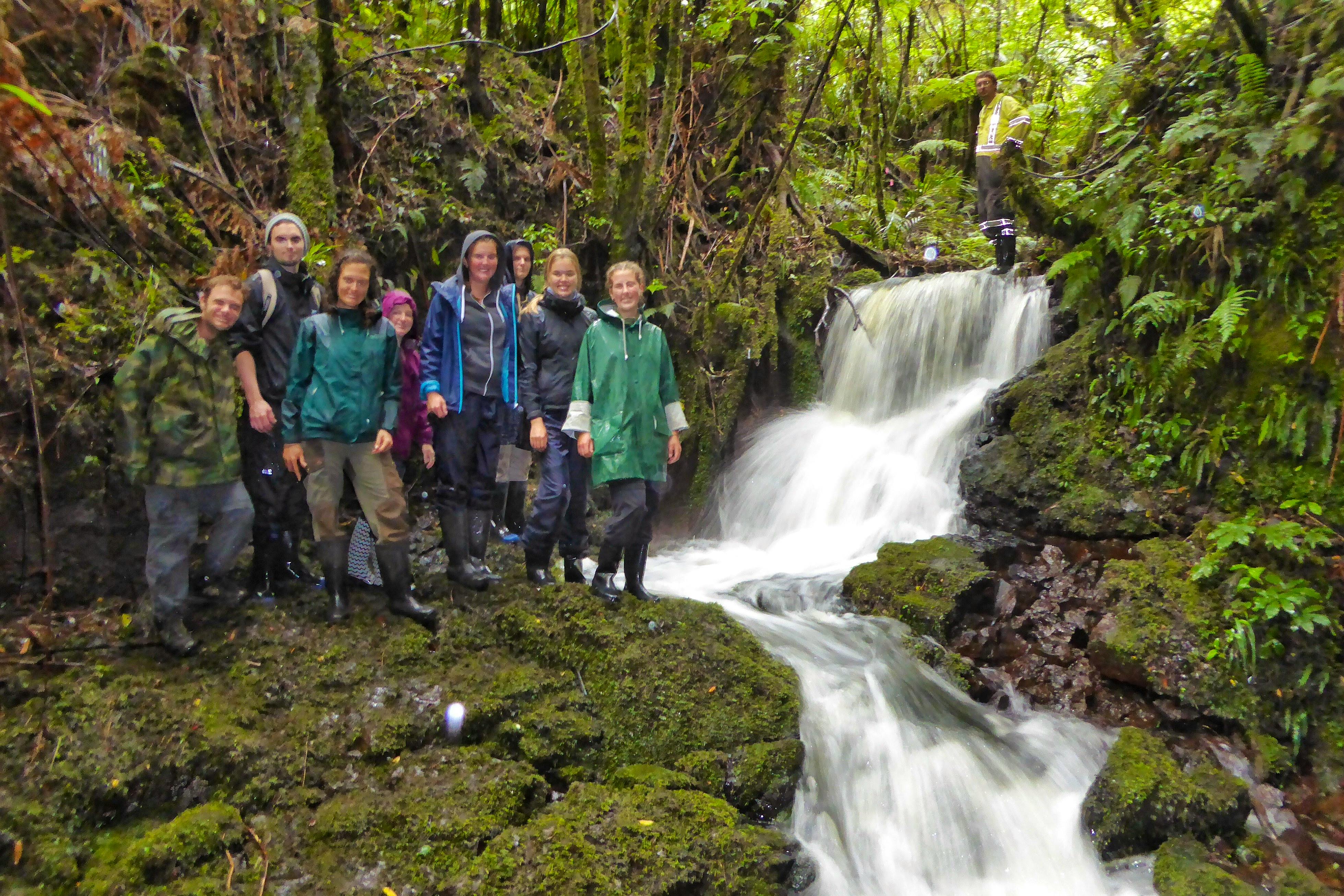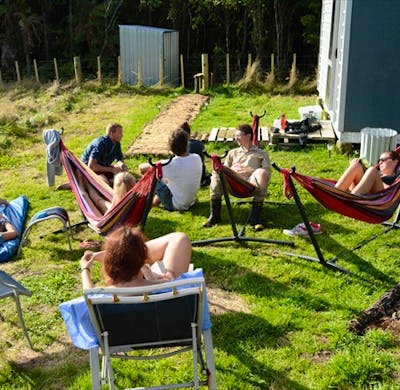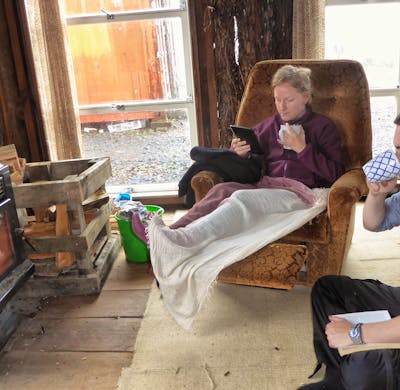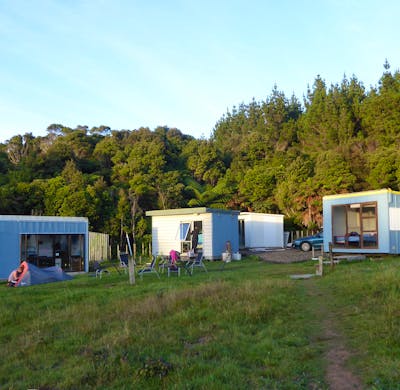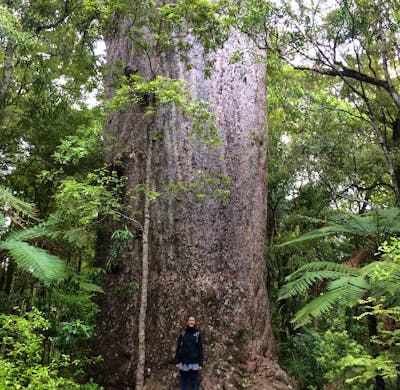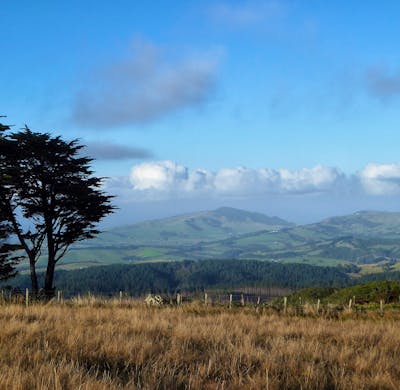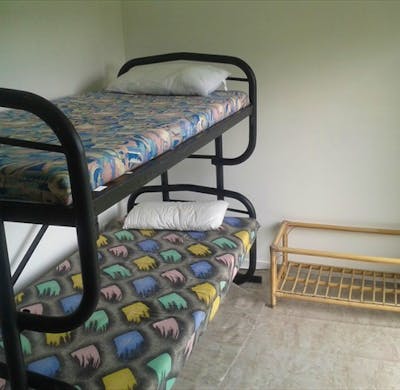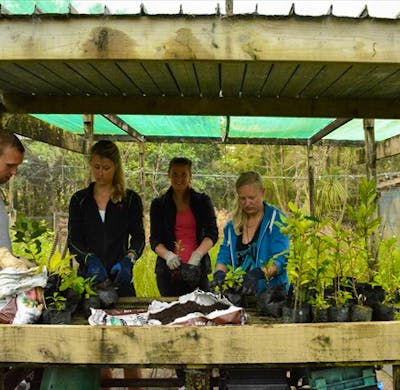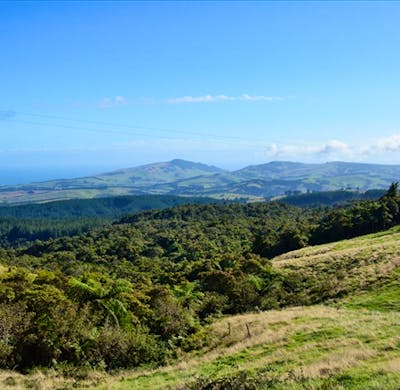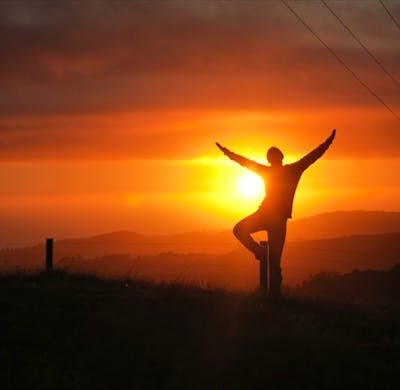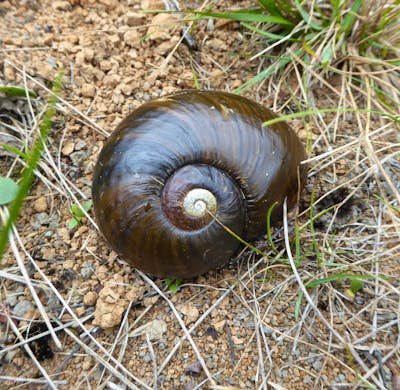Native Forest Conservation Helper
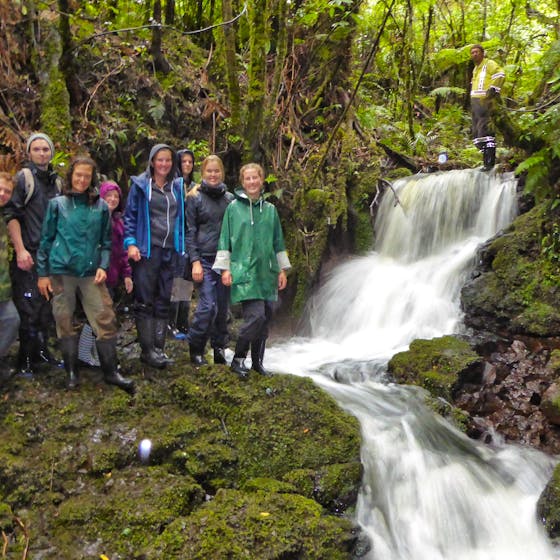
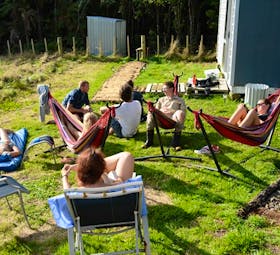
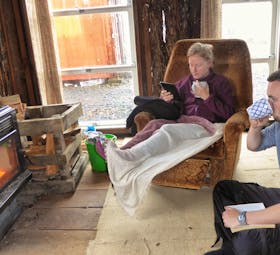
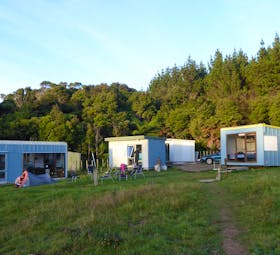
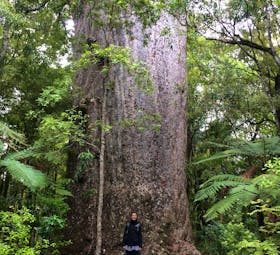
Highlights
- Experience living in a rain forest
- Learn how to protect endangered species
- Connect with like-minded people
- Live off grid in a sustainable way
- Experience living in a rain forest
- Learn how to protect endangered species
- Connect with like-minded people
Besonders geeignet für
Über das Programm
Join us to help protect this beautiful jungle-like forest and to create a safe environment for the kiwi!
You are thinking of coming to New Zealand attracted by the amazing landscapes, never-ending beaches, blue skies, soaring mountains, and green forests. You like nature and seek respite from the crowded city. You sometimes wonder what simple life is like, living off-the-grid, maybe? You want to do ...
Tagesablauf
Typical Day at Work
- 8am - 9am breakfast
- 9am - 10am cleanup
- 10am - 12pm morning working activity
- 12pm - 1pm lunch/picnic
- 1pm - 4pm afternoon working activity
- 4pm - 6pm leisure activities (free time)
- 6pm - 8pm dinner
- 8pm - 10pm leisure activities (sunset watching, dusk bird chorus, and/or searching for ...
Freizeitaktivitäten
Due to our remote location, there are no opportunities to go to town or to the cinema during the free time. However, we have a cinema on site!
During the free time, the volunteers are encouraged to explore our forest.
We always eat together and sometimes we invite the DOC rangers or the neighbours ...
Voraussetzungen
Leistungen
Was ist NICHT inklusive?
Informationen zur Anreise
The nature sanctuary is open the first Monday in November and the first Monday in April. Due to our remote location, you can join (or leave) the program on Mondays only.
The start dates are on the first and third Monday of every month.
Programmgebühren
Lerne deine Organisation kennen

Pupu Rangi Nature Sanctuary
Agentur - gegründet 2008
von Volunteer World verifiziert
Veranstaltet von
Octavian
Über die Organisation
7 Bewertungen ·  4.9
4.9
Lage

Das könnte dich auch interessieren
-
Paare
Freiwilligenarbeit Kurzprogramme
Freiwilligenarbeit in der Natur
Beste Freiwilligenprogramme
Freiwilligeneinsätze für College-Studenten
Flexible Freiwilligenarbeit
Auslandsfreiwilligendienst
Projekte im Ausland
Gruppen
FSJ im Ausland
Erwachsener
